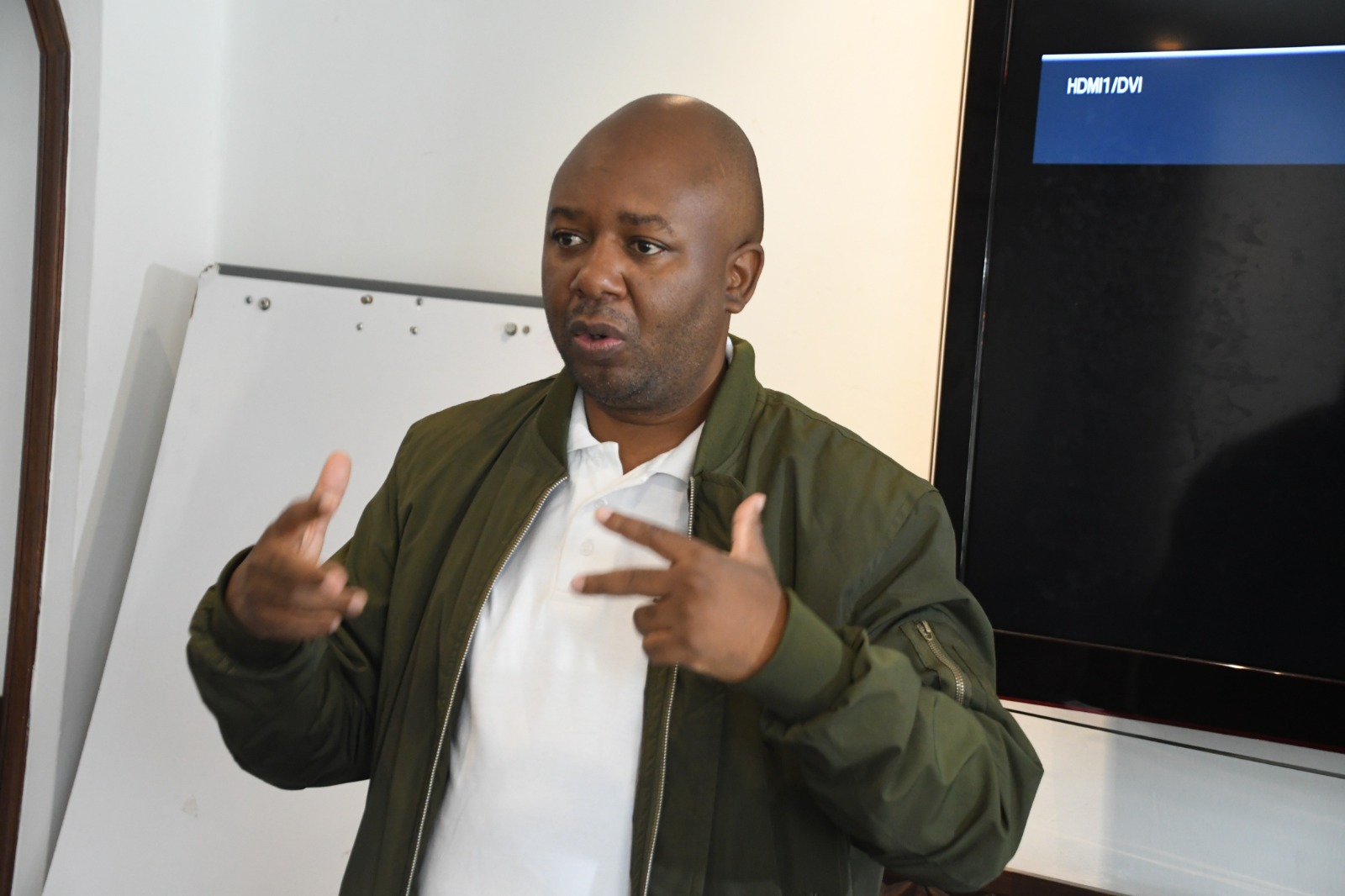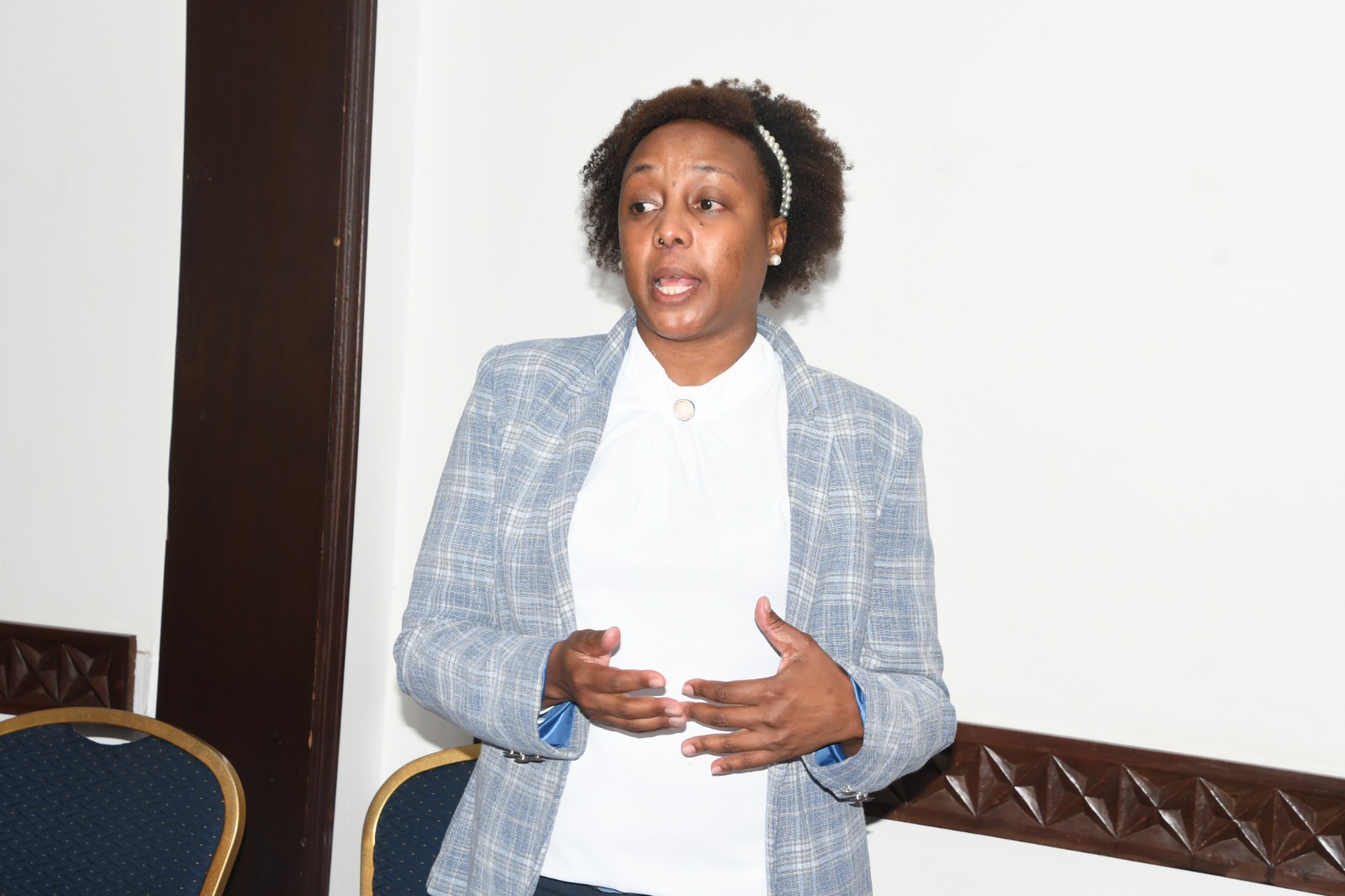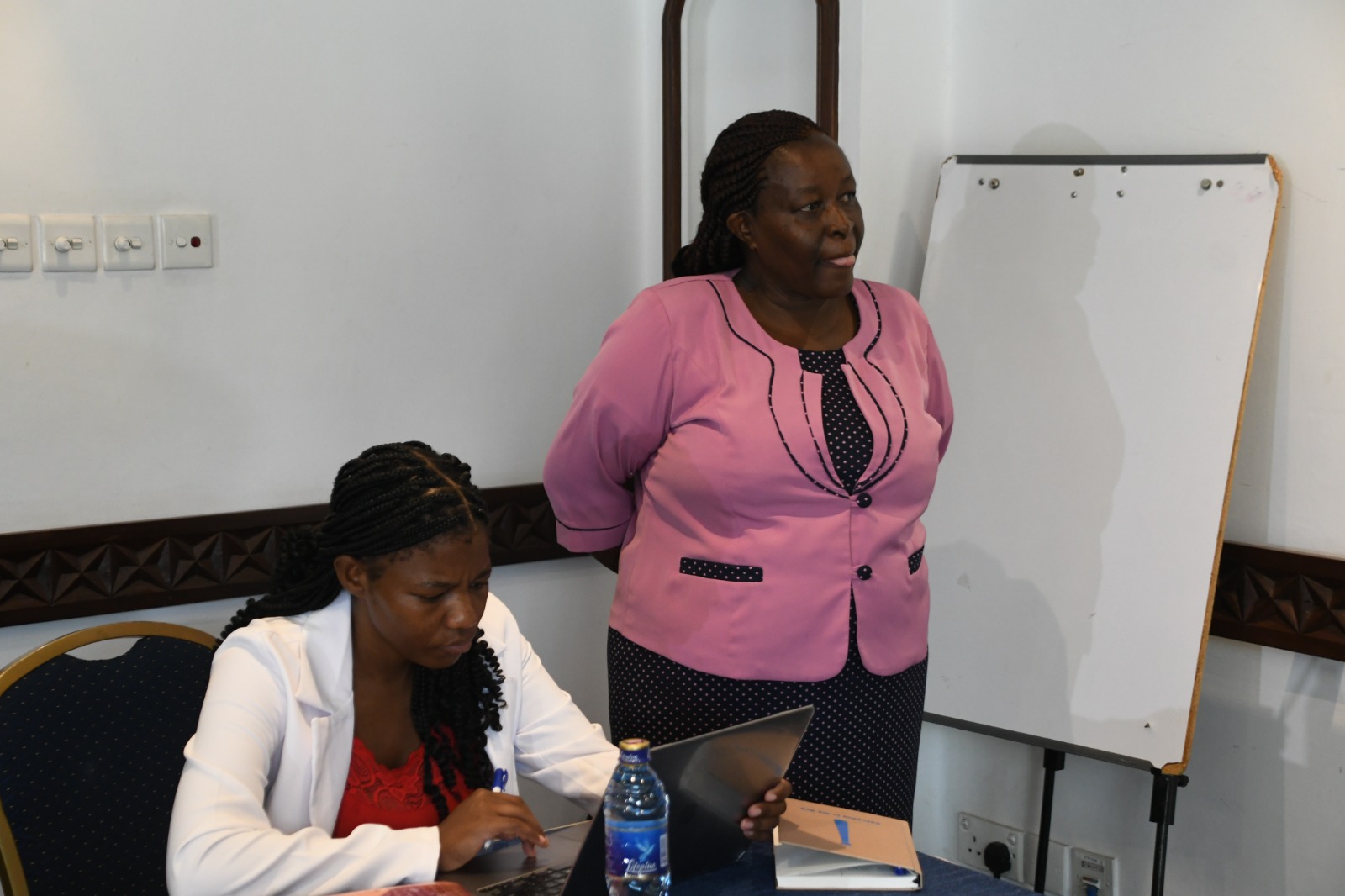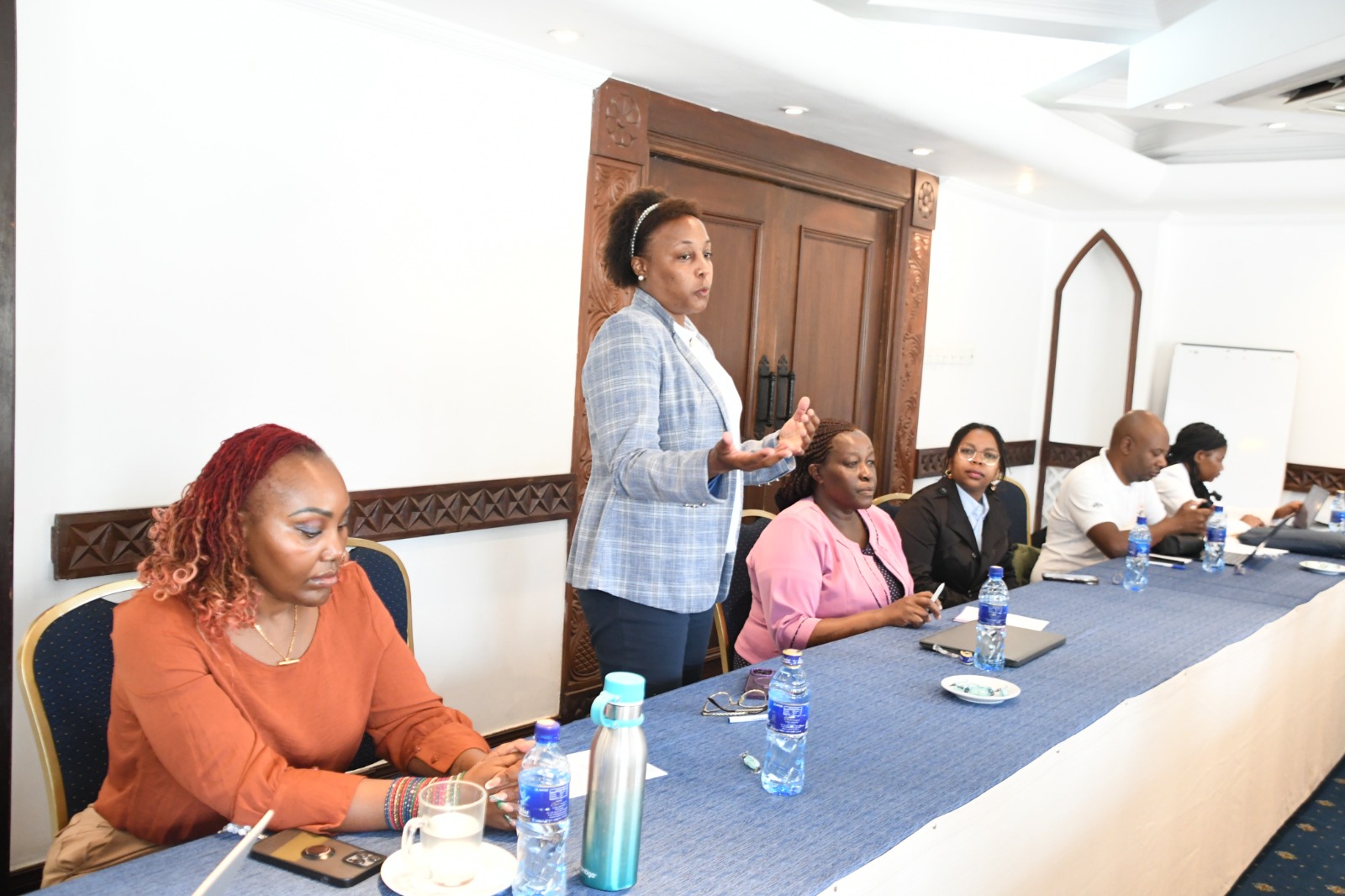

Health experts have stepped up efforts to address challenges and barriers that hinder adolescents’ access to reproductive health services.
Through the Step Up to Access campaign, the experts seek to ensure that legislators, policymakers and the community are able to reach a consensus on what could be the most progressive laws as far as age of consent to reproductive healthcare is concerned.
The Step Up to Access is a campaign across five countries of Kenya, Uganda, Malawi, Zimbabwe and Zambia.
Youth Advocates Executive Director Tatenda Songore has said the five countries are the point of focus based on the fact that they have a high burden of teenage pregnancies, child marriages, and are facing the triple threat of high HIV infections, Gender Based Violence and teenage pregnancies.
“We are bringing together these countries to address one of the biggest issues that has been on the table whereby adolescents who are below the age of 18 require third parties to access healthcare services,” Songore said.
He said of interest to the campaign is access to reproductive health services across the five countries.
According to the Executive Director, what is being witnessed across the countries is that a sizeable number of young people (25 per cent below the age of 18) are becoming sexually active hence they will require preventative services for pregnancies and often the services are denied.
He said the campaign which started in 2020 seeks to ensure that some critical milestones within the five different countries are achieved by 2026.
“Where reproductive health services are accessible, they do not have adequate information. The campaign is stepping up to the challenge with support from HIVOS HRF Fund, working with the Ministry of Health,” Songore said.
“We are stepping up to bring policymakers, media, young people, CSOs, to discuss on how we can improve the laws and policies to support adolescents to access services when need arises.”
He noted that across the five countries, laws are relatively different.
“You notice in most of these countries, the laws outrightly deny access to reproductive health services. They need parental consent,” he said.
He further acknowledged that the biggest challenge is that issues around sexual reproductive health are considered as a taboo conversation by the tradition, cultural beliefs, leaving young people in a dilemma.
“So all those who have fallen pregnant below the age of 18, it means that sometime they needed preventative services for reproductive health services, but they couldn't access them, or they were denied these services because of the law. So we are seeing less progress because oftentimes people mistake access to reproductive health services with sexual activity,” Waambugu said.
The acting head of the Adolescent Health Section at the Ministry of Health Dr Christine Wambugu said the ministry recognises that there adolescents who are adults, aged either 18 and 19 years old and who can be able to consent for adolescent health services.

However, there are adolescents who are minors, who, according to the law, are considered children, adding that the ministry looks at adolescents holistically.
“Their reproductive health is just one aspect. So we look at their mental health, their overall well-being, as well as reproductive health,” Wambugu said.
She noted that Kenyan law says that for any child to access any form of health services, which includes reproductive health services, they have to get consent from the parent, and then the child also has to assent to the services provided.
She called on parents and caretakers to be close to their children and offer guidance on reproductive health matters.
The ministry launched a handbook, ‘Understanding Adolescents’ to equip the adolescents with knowledge to understand their bodies.
“It is a guide to help the parents have teachable moments with their children, to try and delay sexual debut as long as possible so that the adolescents can attain the highest standard of education and opportunities for them to have better lives,” Wambugu said.
Dr Jacqueline Kisia said the ministry has created a lot of awareness so that any adolescent who is pregnant does not feel stigmatised.
Kisia, who works at the Ministry of Health and Sexual Reproductive Health, covers the age gap of between 10 to 24 years.
She noted the ministry has done its level best to make sure that youth-friendly services are there in the county hospitals at the level 4, 3 and 2 health facilities, even though health is devolved.
“We can't impose, but we work together to make sure those youth-friendly services are available, making sure that all youth, even at the community level, the outreaches are available to create awareness on how to handle different sexual and reproductive health issues,” Kisia said.
According to the ministry, youth-friendly services should be welcoming and nonjudgmental, ensuring privacy and confidentiality.

The National Survey 2022 says adolescents in the country account for 22.8 per cent of the population, which is 11.6 million.
The adolescents face various complex health challenges, including limited access to adolescent-friendly healthcare services, malnutrition, teenage pregnancies, Sexually Transmitted Infections (STIs), HIV and mental health issues.
For instance, the KDHIS report for 2022 indicates that 18 per cent of adolescent girls aged 15-19 are underweight, while 13 per cent are overweight (11 per cent) or obese (2 per cent).
Similarly, the Kenya National Adolescent Mental Health Survey (K-NAMHS) conducted in 2022 showed increasing rates of anxiety (10 per cent) and depression (7 per cent) among adolescents.
The 2019 Violence Against Children Survey (VACS) revealed that 39 per cent of females and 50 per cent of males experienced physical violence in childhood.
Additionally, 16 per cent of females faced childhood sexual violence, while fewer males reported similar experiences.
Data from the ministry shows teenage pregnancy in Kenya is a pressing issue, with 15 per cent of girls aged 15-19 having experienced pregnancy.
Adolescents (15-19) who have ever been pregnant increase with age, from three per cent among those aged 15 to 31 per cent among those aged 19, according to the KDHIS report 2022.














